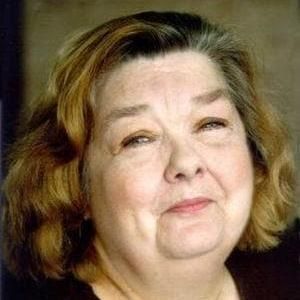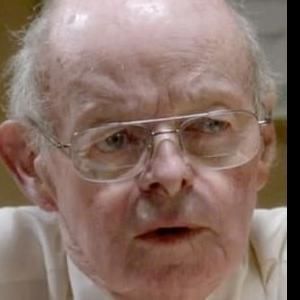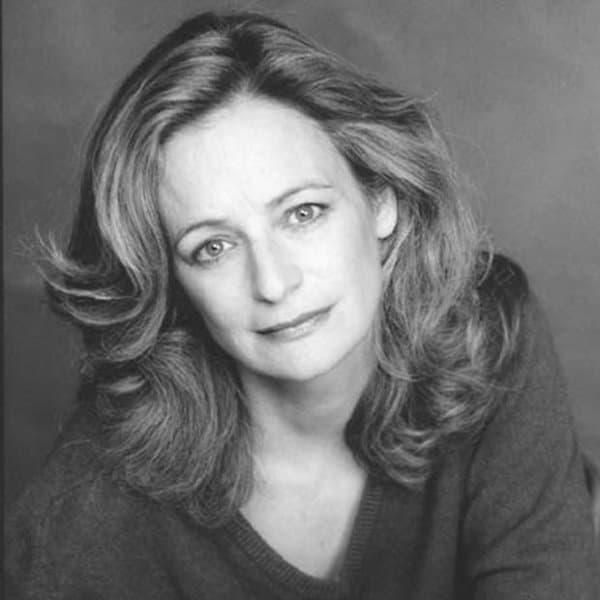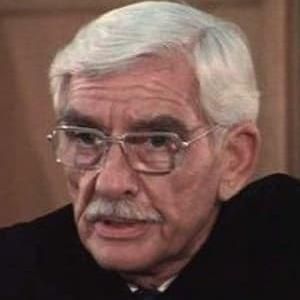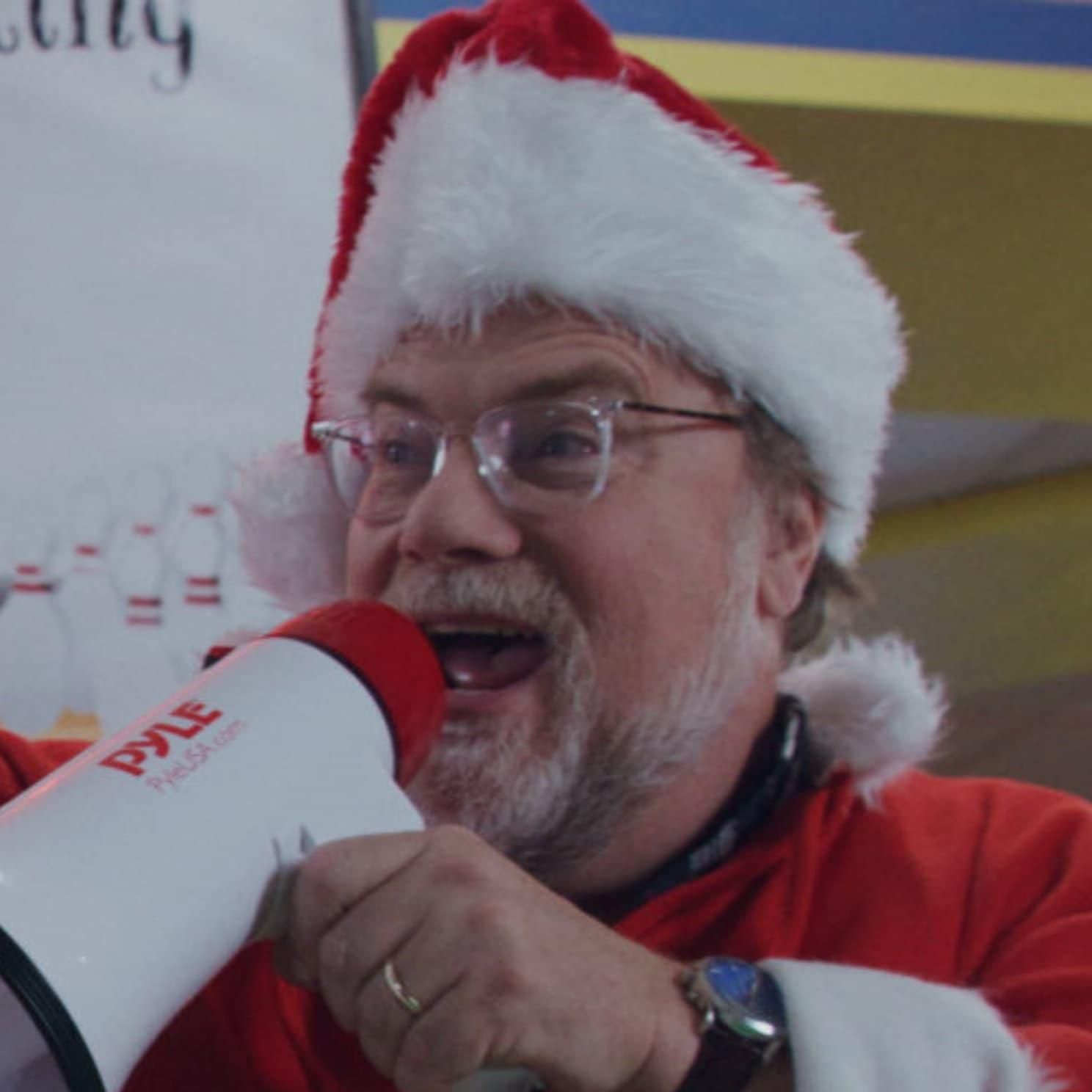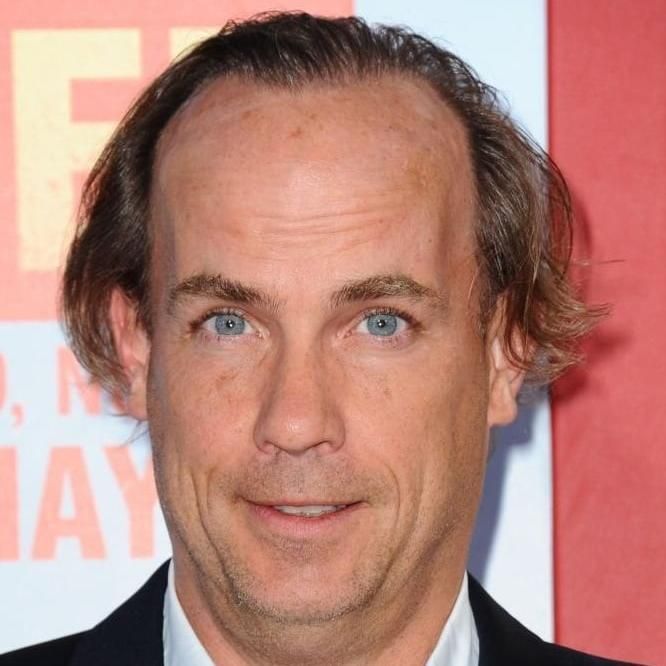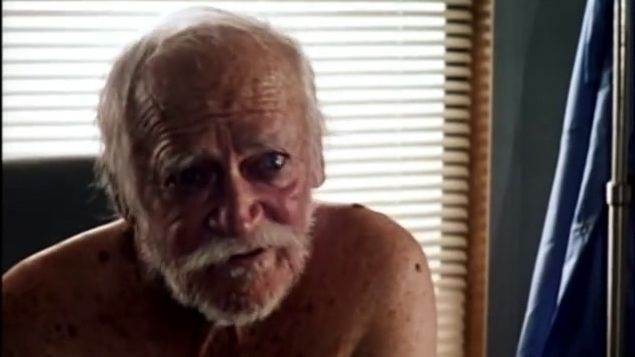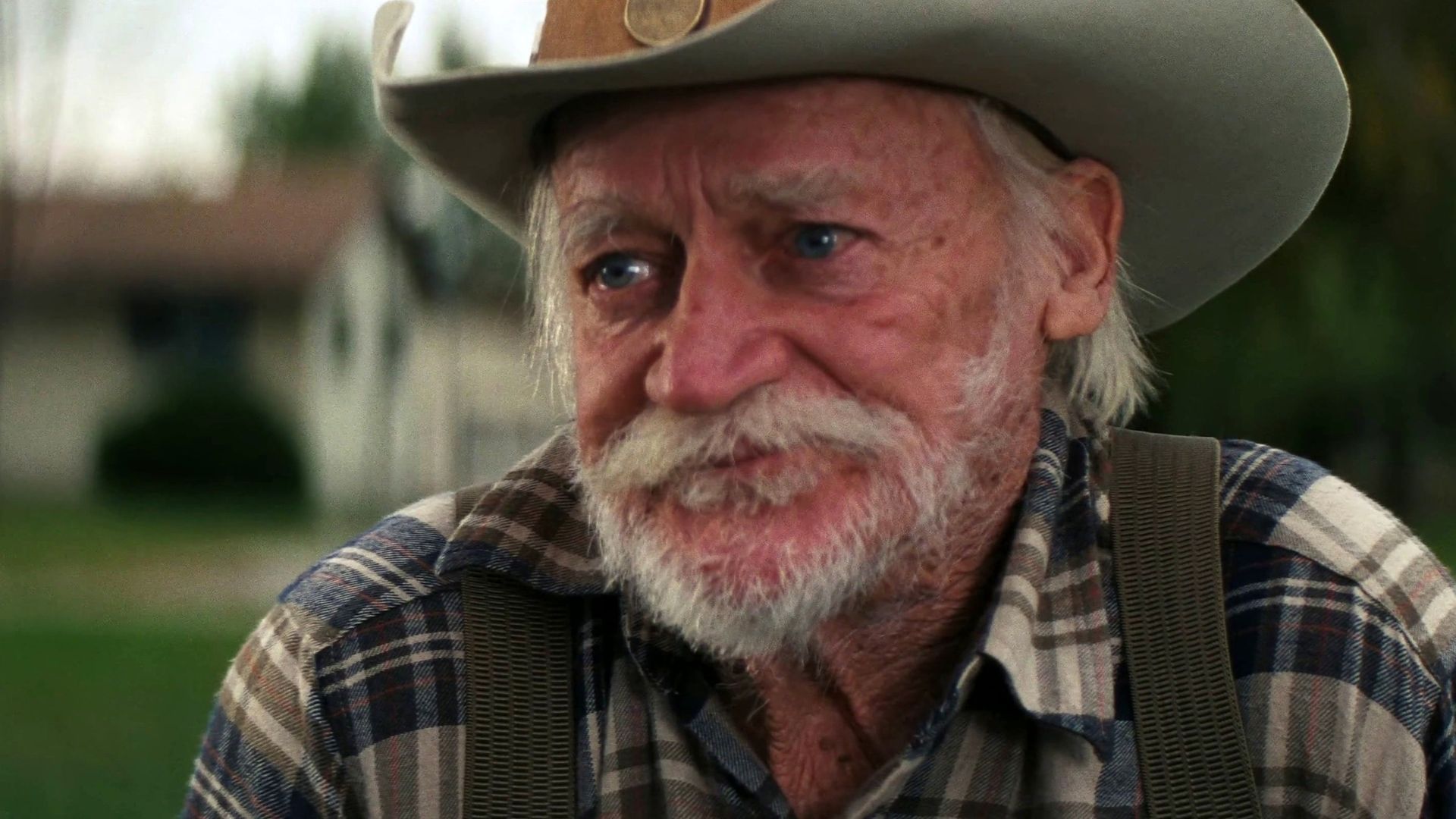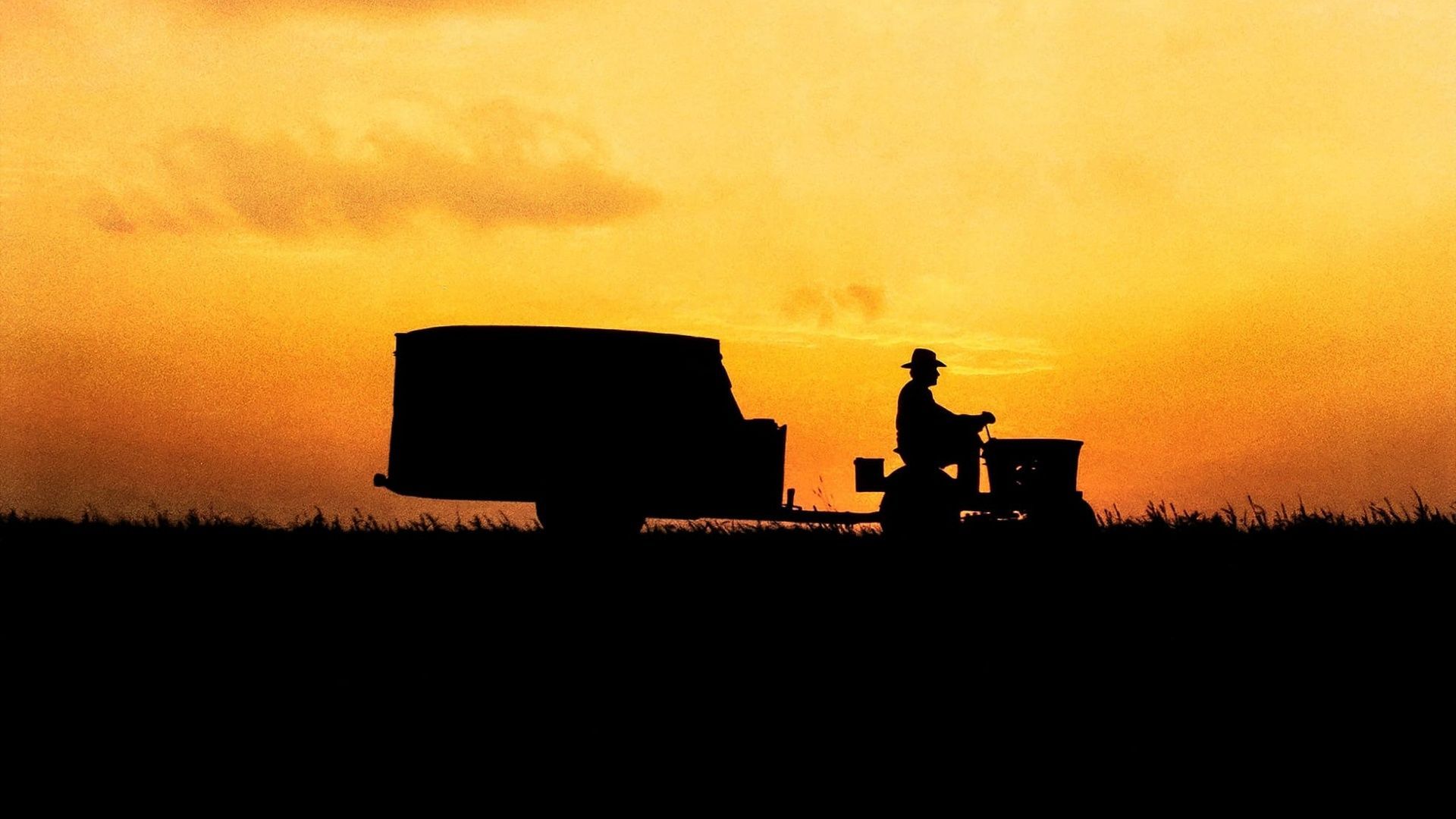
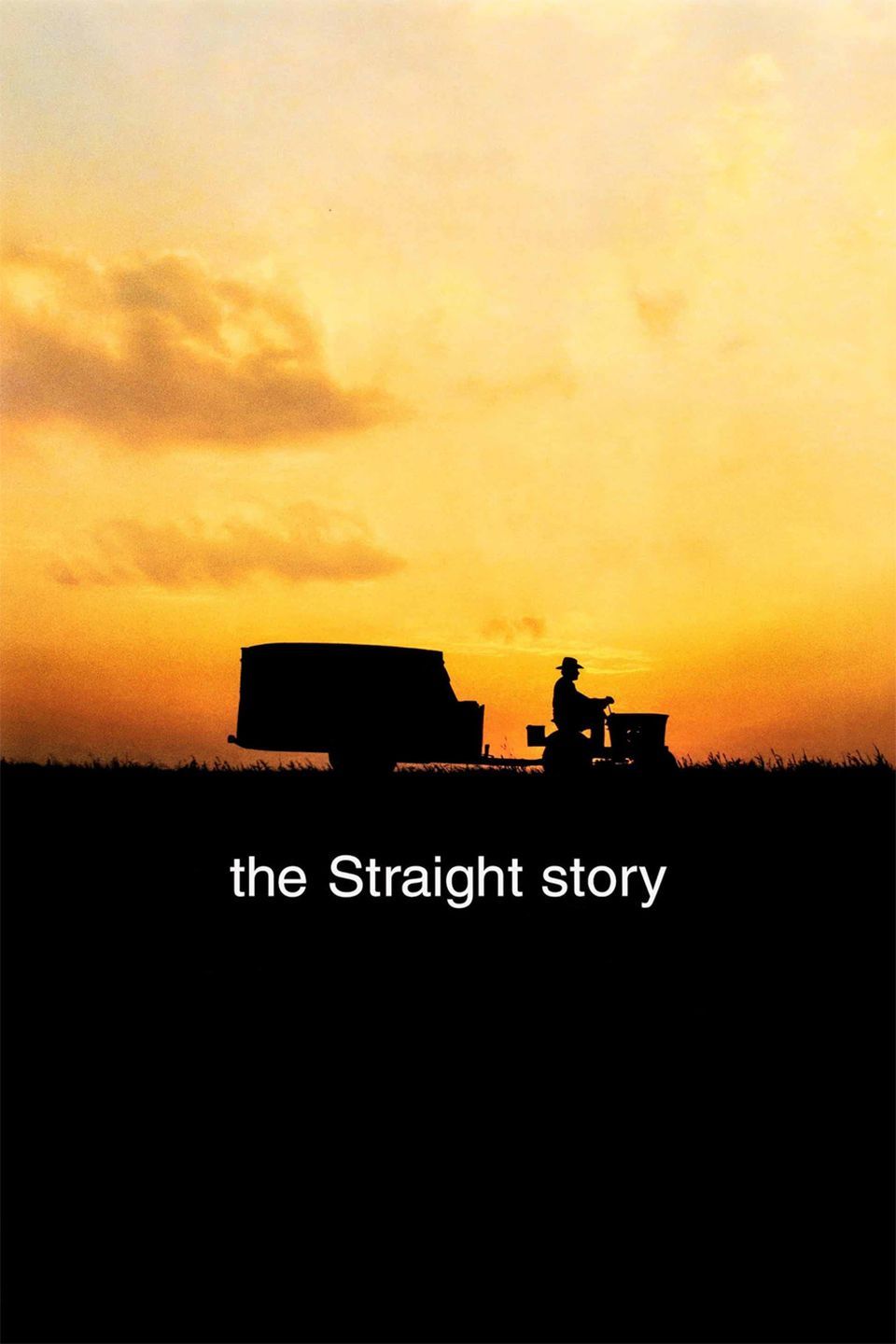
The Straight Story
Directed by David LynchA retired farmer and widower in his 70s, Alvin Straight learns one day that his distant brother Lyle has suffered a stroke and may not recover. Alvin is determined to make things right with Lyle while he still can, but his brother lives in Wisconsin, while Alvin is stuck in Iowa with no car and no driver's license. Then he hits on the idea of making the trip on his old lawnmower, thus beginning a picturesque and at times deeply spiritual odyssey.
Where to Watch The Straight Story
Cast of The Straight Story
The Straight Story Ratings & Reviews
- Kevin WardJuly 12, 2025When Alvin (Richard Farnsworth) gets word that his estranged brother Lyle (Harry Dean Stanton) has had a stroke, Alvin sets on a road trip in hopes of reconnecting with him. With health issues of his own, Alvin is unable to get a driver’s license. So he instead embarks on his journey driving his lawnmower and towing a small trailer. David Lynch’s signature surrealist style is completely absent. What is here is an absolutely heart rending true story of Alvin’s odyssey through rural America, with meditations on life, forgiveness and regret. Much of Alvin’s journey feels inconsequential as it’s happening. His mower breaks down multiple times, sidelining him for a stint until he can get it repaired or replaced. But Lynch’s patience in the storytelling completely pays off in the end. (If you haven’t seen it, please stop here, as I’m going to detail the ending here.) When Alvin gets to Lyle’s, I was expecting some kind argument or conversation similar to the one’s that Alvin’s had along the way. Maybe Alvin confesses how he’s done Lyle wrong somehow. It’s clear from the expression on Lyle’s face that he still holds resentment/anger/etc towards Alvin. But then we see Lyle’s eyes shift their gaze, and the camera cuts over to the lawnmower and trailer sitting there. Lyle’s facial expression changes and he asks “You ride that thing all the way out here to see me?” and Alvin just says “I did, Lyle.” Lyle holds back his tears….and I fail miserably at doing the same. I was completely overcome by the beauty of that moment, not just in the overwhelming sentimentality, but also the expert level filmmaking. I realized in that moment, the entire film was built around that moment. Every blown transmission, every comment about Alvin’s transportation along the way was built for this one shot and cut. Lynch has had my emotions on a string the entire time. Then he pulls the fkn string and is just like, “The end. A Film by David Lynch”. Masterful.
- Michael HeimgartnerMay 5, 2025Lynch’s Most Gentle Film Still Leaves a Mark It’s almost surreal to think that The Straight Story was directed by David Lynch - the same man who gave us Lost Highway and Mulholland Drive. And yet, in some strange and wonderful way, it makes perfect sense. Because this gentle, meditative road movie, stripped of all surrealism and mystery, reveals just how skilled Lynch is as a storyteller - even when he removes all the artifice. This is a film that completely slows you down. It invites you into a quiet, rural world where nothing moves quickly, and what happens might seem small, but carries emotional weight and human truth. We follow Alvin Straight, an elderly man traveling hundreds of miles on a lawnmower to reconcile with his estranged brother. That’s it. And yet, The Straight Story feels profound. Richard Farnsworth, in what would sadly be his final performance, brings an almost spiritual depth to the role. His weathered face, gentle voice, and the slight tremble in his hands say more than pages of dialogue ever could. He infuses Alvin with sorrow, dignity, and hope - all through the tiniest of gestures. It's one of those rare performances that feels completely lived-in. He doesn’t act the part - he simply is Alvin. Lynch steps back completely here. He lets his actors breathe, and the camera observe. The pacing is slow but deliberate, and every frame feels considered, but never showy. He resists all temptation to stylize - there’s no irony, no darkness, no distortion. Just honesty. Even scenes that could risk being sentimental - sunsets, conversations about war, aging, or loss - feel authentic and grounded. One quiet scene at a bar, where Alvin shares a story from his past, hit me harder than any dramatic climax. Just words, a pause, a glance - and everything changes. The score by Angelo Badalamenti is just as restrained. It gently underscores the emotional undercurrent without ever pushing too hard. It adds texture and warmth, perfectly complementing the film’s atmosphere of quiet melancholy. There’s a deep sense of compassion in this film - for people, for age, for regret, and for connection. Lynch’s America is still full of eccentric characters, but here they’re not unsettling - they’re human, flawed, endearing. The world he shows us is harsh at times, yes, but also capable of kindness. The Straight Story is not for those looking for action or even traditional drama. Very little “happens” here - and yet what does happen, matters. It’s a slow-burning parable about growing old, making peace with the past, and the simple act of reaching out. It leaves you pensive, and oddly uplifted. It doesn't lie about how hard life can be - but it reminds you that there’s still dignity and beauty to be found in the journey. A deeply moving, wonderfully quiet film that proves David Lynch can speak volumes with silence. Carried by Richard Farnsworth’s tender final performance, this is a film that aches with truth - and gently heals with hope.


